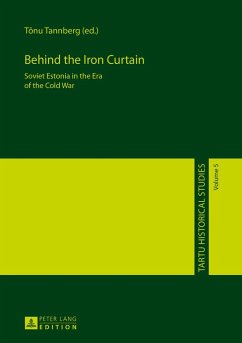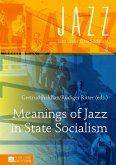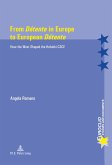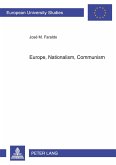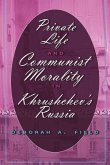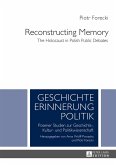During the Cold War, Estonia lay behind the Iron Curtain. Even in the grip of Soviet rule, the country underwent many important developments. This volume brings together fourteen papers on the political, economic, and cultural history of Estonia during the Cold War. Their topics range from international relations and the border regime to tourism and the media. The papers are based on extensive archival research and make use of many previously unexamined documents. The resulting book offers new insights into the history of Estonia and of the Cold War on a local level.
«Insgesamt bietet der Sammelband interessante Einsichten zu Aspekten des Lebens hinter dem Eisernen Vorhang.»
(Airi Uuna, Jahrbücher für Geschichte Osteuropas 8/2018)
«The volume is the outcome of a research project begun at the University of Tartu in 2009 on Estonia during the Cold War. The majority of the articles were first published in Estonian.1 The authors represent the younger generation of historians in Estonia, and most of them are native speakers of Estonian, which contributes to greater access to primary and relevant local secondary sources. The texts read well. Making this work accessible to a broader audience represents a significant achievement by the ed. and the unnamed translators. »
(Bradley Woodworth, Journal of East Central European Studies 3/2018)
(Airi Uuna, Jahrbücher für Geschichte Osteuropas 8/2018)
«The volume is the outcome of a research project begun at the University of Tartu in 2009 on Estonia during the Cold War. The majority of the articles were first published in Estonian.1 The authors represent the younger generation of historians in Estonia, and most of them are native speakers of Estonian, which contributes to greater access to primary and relevant local secondary sources. The texts read well. Making this work accessible to a broader audience represents a significant achievement by the ed. and the unnamed translators. »
(Bradley Woodworth, Journal of East Central European Studies 3/2018)

